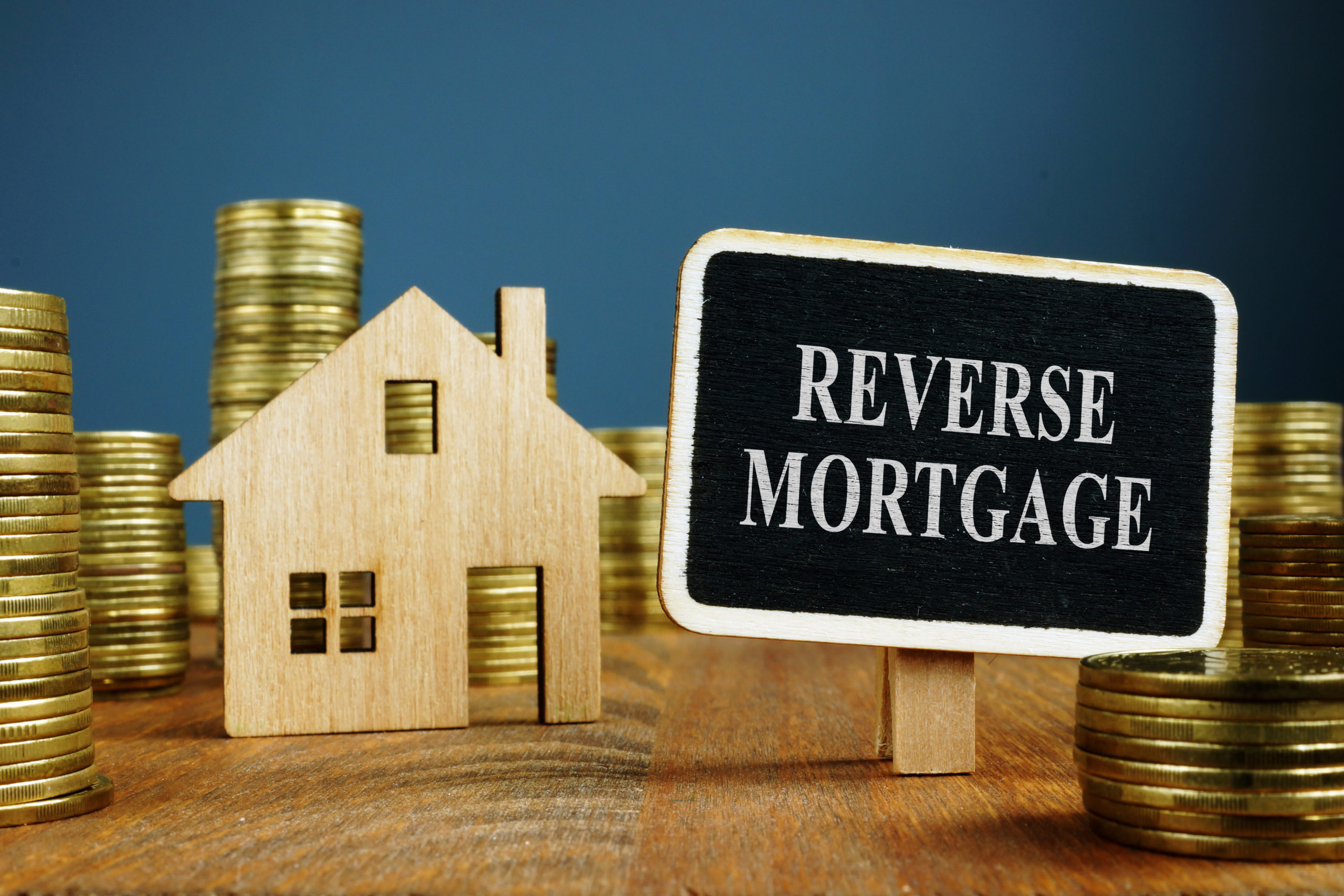Reverse mortgages are increasing in popularity with seniors who have equity in their homes and want to supplement their income. The only reverse mortgage insured by the U.S. Federal Government is called a Home Equity Conversion Mortgage (HECM), and is only available through an FHA-approved lender. Reverse mortgages are highly regulated.
How does it work?
Unlike a regular mortgage in which the homeowner makes payments to the lender, with a reverse mortgage, the lender pays the homeowner. It can be in monthly installments or a lump sum. Homeowners who qualify for a reverse mortgage, do not have a monthly mortgage payment. However, the loan must be repaid when the owner dies, permanently moves out or sells the home. This allows owners to use part of their home’s equity as tax-free income to retire in comfort.
Who qualifies?
- You must be 62 years of age or older
- You must own your home
- You must have a substantial amount of equity (at least 50%)
- You must live in the home as your primary residence
How much money can you borrow?
As of January 1, 2022, the maximum reverse mortgage lending limit is $970,800. The amount of money you can borrow depends. I know that is a typical attorney answer, but it really does depend on how much equity you have in the home. You typically cannot borrow more than 80% of your home’s equity based on its appraised value. The amount also depends on the current interest rate.
What happens when the owner goes into a nursing home?
FHA is extremely particular regarding the rules. Therefore, if you or your parent has a reverse mortgage, make sure you seek advice before moving into a nursing home with no intent to return. Permanent vacancy will automatically trigger a default and the reverse mortgage loan will become due. The home may be sold but any proceeds from the sale of the home may make you ineligible for government benefits.
Who is responsible for the reverse mortgage after the death of the owner?
If more than one person owns the home, as in the case of spouses, partners or co-owners, then the reverse mortgage loan is due when the last owner dies. At that time, the owner’s estate has to repay the entire amount of the reverse mortgage (the loan principal, plus interest and fees). HUD allows family members to pay off the debt for the full loan balance or 95% of the appraised value, whichever is less.
Can I sell my home if I have a reverse mortgage?
The short answer is yes. However, be aware of the stringent guidelines and process when you sell, including notice to the servicer, obtaining a payoff and submitting a written request for an appraisal. HUD allows six months for sale of the property with the possibility of two 90-day extensions. The Purchase Agreement must be reviewed and approved by the servicer. On a sale, the value of the home is whatever a buyer is willing to pay. For example: If the loan balance is $800,000 and you receive an offer for $700,000. Even if the property only appraises at $600,000, the buyer cannot change the offer they have already submitted because the appraisal came in lower. I would highly recommend getting the assistance from a professional and not trying to DIY this process on your own.
What are the PROS and CONS?
As with anything, there are always pros and cons that must be weighed for each individual situation.
Pros of a reverse mortgage:
- You do not need to make monthly payments toward your loan balance
- You can use proceeds for living and healthcare expenses, debt repayment and other bills or enjoy your retirement
- Non-borrowing spouses not listed on the mortgage can remain in the home after the borrower dies
- If you are facing foreclosure, you can use a reverse mortgage to pay off the existing mortgage, potentially stopping the foreclosure
Cons of a reverse mortgage:
- You must maintain the house and pay property taxes and homeowners insurance
- You are borrowing against the equity in your home, which could be a key source of your retirement funds
- Fees and other closing costs can be high and will lower the amount of cash that is available
As you can see, a reverse mortgage could be a really good option for some seniors that need a source of income. But it is not for everyone. I expect that there will be a number of baby boomers taking out reverse mortgages as the need for a cash infusion sets in after retirement. In addition, there will be issues that arise with existing reverse mortgages as borrowers are needing to sell or satisfy the loan due to the need for alternative/assisted living arrangements.
For questions regarding reverse mortgages, please feel free to contact author Michele R. Loughrey Tschida, [email protected] or (952) 746-2152.

